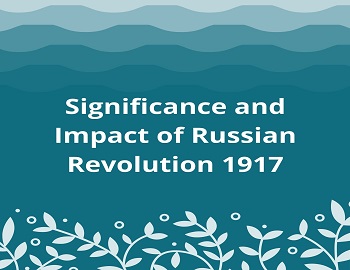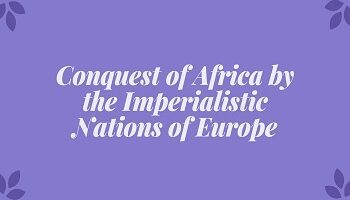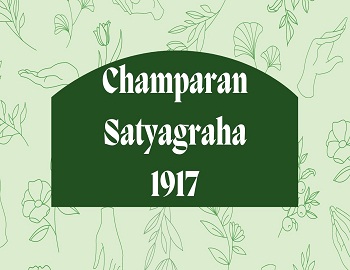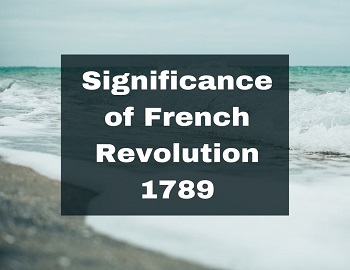Balaji Vishwanath (1713-20) and His Achievements:
The weakness of the Mughal Empire, after 1707, gave the much-needed opportunity to the Marathas. Sahu was back in Maharashtra in 1707. The first half of the eighteenth century witnessed a considerable expansion of Maratha power both in the south and the north. The Maratah idea of a Hindu Empire was taking shape. Balaji Vishwanath was the founder of the Peshwa dynasty. He took up the cause of Sahu and helped him in getting the throne. In return for all his services, he was appointed as the Peshwa or the Chief Minister in 1713. He sided with Sahu, who was indolent and made Tara Bai a prisoner.
He concentrated all the powers in his hands and became the virtual ruler of the country. Sahu the king of Satara stepped into insignificance. He transferred the capital of the Maratha empire from Satara to Poona. Because of his abilities and influence, he made the office of the Peshwa hereditary. He reorganized the Marathas into a strong nation. He established friendly relations with the Rajputs and other Hindu chiefs of the day. He was a great administrator. He improved the state’s financial condition and tried to establish peace in the state. He helped the two Sayyid brothers Husain Ali and Abdullah at the Delhi Mughal court and got many concessions from them. The struggle for power politics in Delhi between the rival princes and ambitious nobles brought Farrukh Siyar to the throne in 1713. Balaji Vishwanath with the help of 15,000 troops helped the Sayyid brothers (kingmakers) remove Farrukh Siyar from the throne in 1719 and raised to the throne a new ruler Rafi-ud-Drajat of their choice. For this help, the Marathas got back all the territories that the Mughals had conquered from the Marathas. They also got the rights of Chauth and Sardeshmukhi from the six provinces of the Mughals in the south. It was an acknowledgment by the Mughals of their weak position vis-a-vis the Marathas. Such a treaty was no mean achievement of Balaji Vishwanath. As a result of this treaty, the Maratha influence spread all over the Deccan. It clearly proved that the Marathas could now interfere in the policies of Dehi to their advantage. For this achievement, Balaji Vishwanath has been described as the “Second Founder of the Maratha Empire”. He was a very tactful and efficient person.









Comments (No)